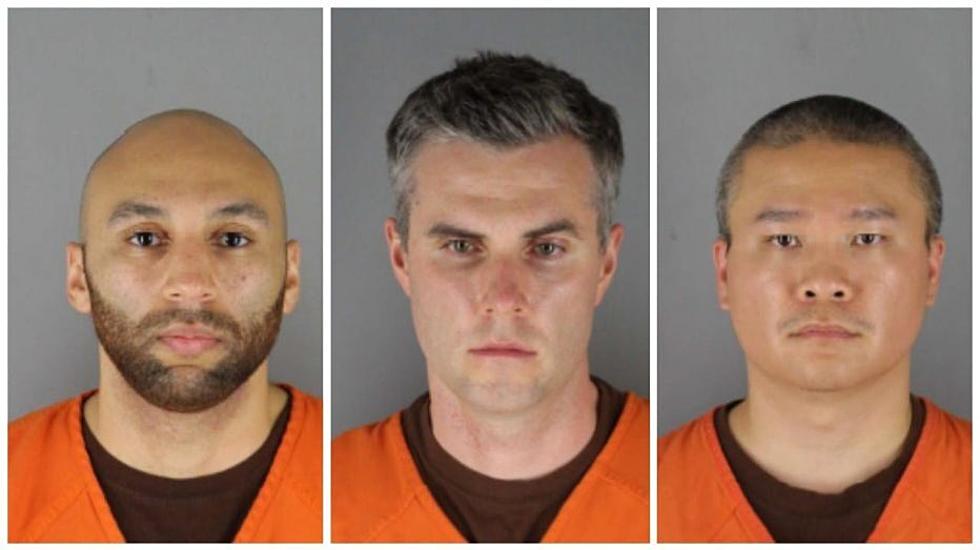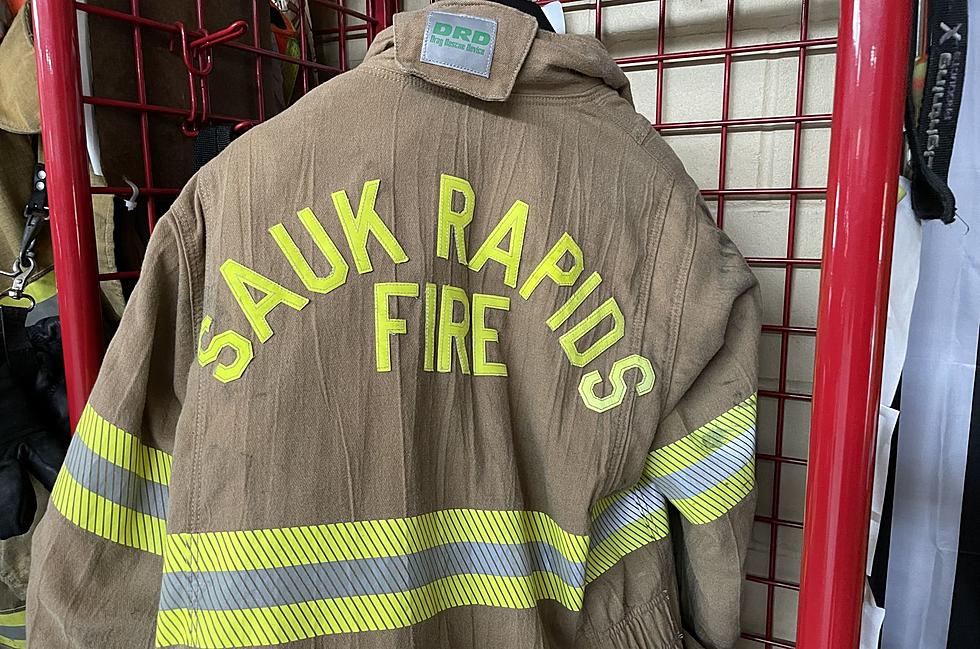
Federal Prosecutors Cross Exam Former Officer in George Floyd Trial

ST. PAUL, Minn. (AP) — A former Minneapolis police officer charged in George Floyd’s killing testified that he didn’t act on another officer’s suggestion to roll Floyd on his side after he stopped breathing, didn’t ask Officer Derek Chauvin to check for a neck pulse and didn’t try to get Chauvin off Floyd’s neck.
J. Alexander Kueng is one of three former officers charged in federal court with violating Floyd’s constitutional rights when Chauvin pressed his knee into Floyd’s neck as the 46-year-old Black man was handcuffed, facedown on the street. Prosecutor Manda Sertich peppered Kueng with questions about his training, including on material from an emergency medical responder course he took that said someone might not be breathing adequately even though they’re talking.
Timeline: George Floyd's Death, Protests, Riots, Arrests, and Chauvin Trial
More From KROC-AM









